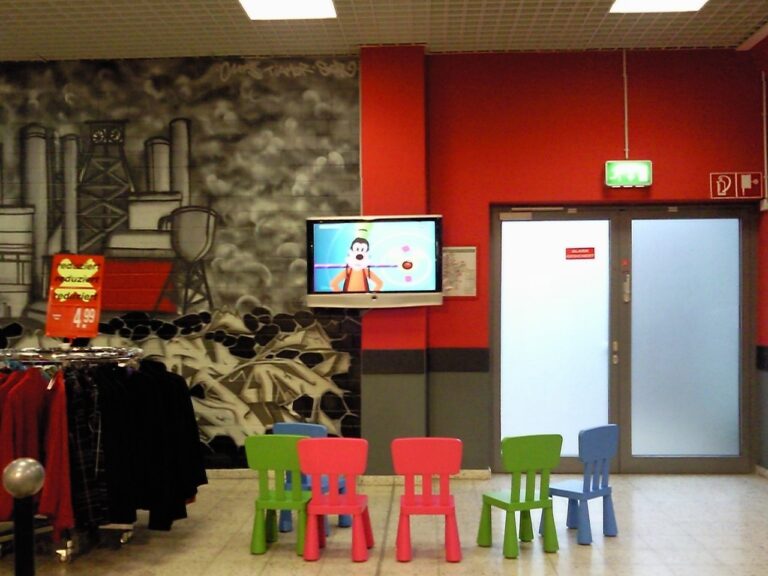Shopping for Wellness: Trends in Mental Health Products and Services
The wellness industry has witnessed significant growth in recent years, fueled by an increasing focus on overall health and well-being. Consumers are becoming more proactive in seeking products and services that cater to their physical, mental, and emotional needs. This shift in mindset has led to a surge in demand for holistic approaches to health that go beyond traditional medical treatments.
From fitness and nutrition to mindfulness and self-care, the wellness industry offers a wide range of products and services aimed at improving individuals’ overall quality of life. With the rise of social media influencers promoting wellness lifestyles and the availability of convenient digital platforms for accessing wellness resources, the industry continues to expand and diversify to meet the evolving needs of consumers.
Rising Demand for Mental Health Products
As the stigma surrounding mental health continues to decrease, there has been a noticeable surge in the demand for mental health products. Consumers are becoming more health-conscious and are actively seeking out ways to improve their psychological well-being. This shift in mindset has led to a proliferation of products aimed at reducing stress, anxiety, and promoting overall mental wellness.
From mindfulness apps to aromatherapy oils, the market is teeming with a wide array of products catering to different needs and preferences. People are increasingly turning to these mental health products as a complement to traditional therapy or as a standalone solution to manage their mental health. With an emphasis on self-care and holistic well-being, individuals are investing in products that promote relaxation, mindfulness, and emotional balance.
Innovative Technology in Mental Health Services
In recent years, the integration of technology into mental health services has transformed the way individuals access and receive support. Mobile applications, online therapy platforms, and virtual support groups are just some of the innovative tools that have revolutionized mental health care. These technological advancements have made mental health services more accessible, convenient, and personalized for those in need.
Furthermore, the use of artificial intelligence and machine learning algorithms has enabled mental health professionals to better predict and diagnose mental health conditions, as well as tailor treatment plans to individual needs. Virtual reality therapy is another promising technology that has shown positive results in treating phobias, post-traumatic stress disorder, and anxiety disorders. With the continuous advancements in technology, the future of mental health services looks promising in providing effective and efficient care to those seeking support.





